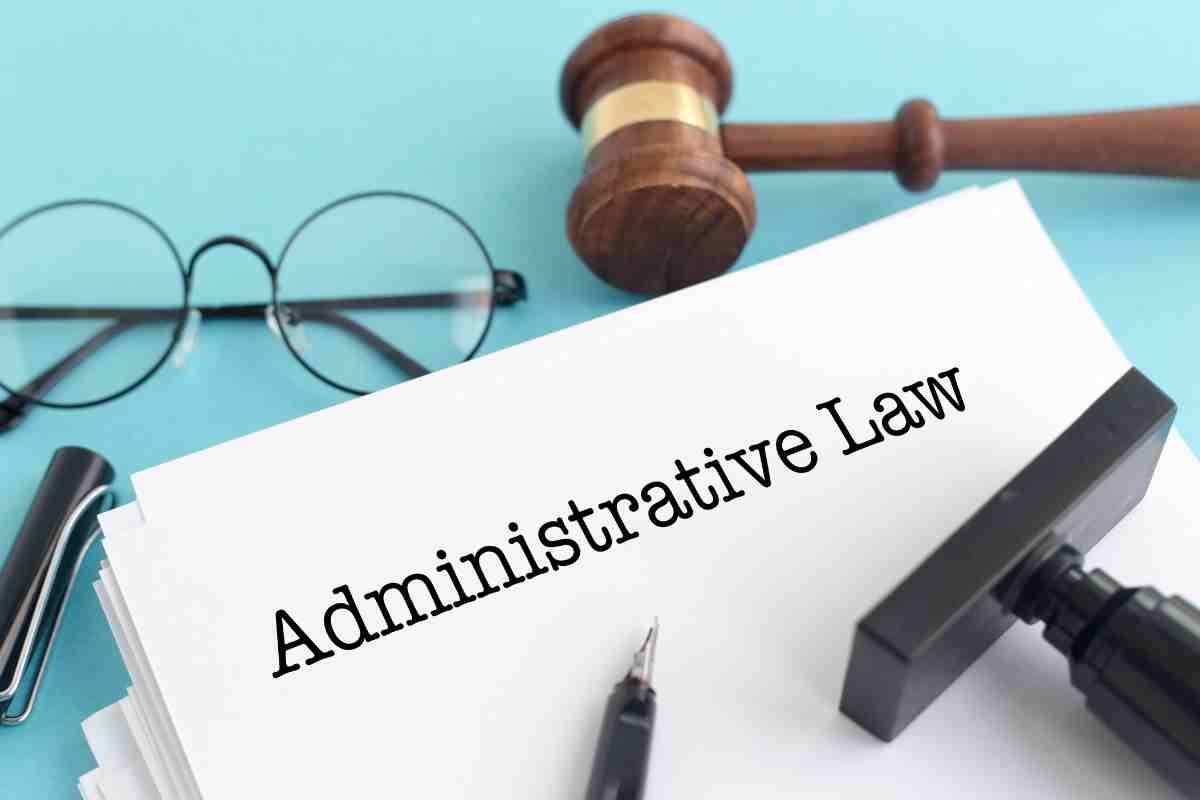USA Administrative Law: Interaction between Citizens and State

USA Administrative Law: Interaction between Citizens and State:- In the intricate web of the American legal system, administrative law occupies a pivotal role, serving as the bridge between citizens and the state. This branch of law governs the activities of government agencies, ensuring they act within the boundaries of legality and fairness while carrying out their various functions. Understanding the nuances of USA Administrative Law is crucial not only for legal practitioners but also for every citizen who wishes to navigate the complexities of interactions with government bodies effectively. In this comprehensive article, we delve into the intricacies of administrative law, shedding light on its principles, procedures, and the rights and responsibilities it bestows upon citizens.
The Foundation of Administrative Law
Administrative Agencies: The Powerhouses of Governance
Administrative law revolves around the activities of administrative agencies, which are created by legislative bodies to carry out specific functions. These agencies can be federal, state, or local in scope and cover a vast array of areas, from environmental protection and healthcare to immigration and taxation. The sheer diversity of these agencies highlights their omnipresence in the lives of American citizens.
Source of Authority: Delegation by the Legislature
One of the defining features of administrative law is the delegation of legislative authority to these agencies by the elected legislature. This delegation empowers administrative agencies to create, enforce, and interpret regulations that are vital to their respective areas of governance. However, this power isn’t absolute; a series of checks and balances bind it.
The Administrative Procedure Act (APA)
The Legal Backbone of Administrative Law
The Administrative Procedure Act (APA) is the cornerstone of administrative law in the United States. Enacted in 1946, it lays down the procedures that federal administrative agencies must follow when making and implementing regulations. The APA seeks to ensure transparency, fairness, and public participation in the rule-making process.
Notice and Comment Rulemaking
Under the APA, agencies are generally required to provide notice to the public about proposed regulations. This notice allows citizens, businesses, and other stakeholders to provide comments and feedback before the rule becomes final. This process is a vital mechanism for citizens to have a say in the rules that govern their lives.
Citizen’s Rights and Interaction
Access to Information: The Freedom of Information Act (FOIA)
In the spirit of transparency, the Freedom of Information Act (FOIA) empowers citizens to request and obtain information held by federal government agencies. This law is a powerful tool for citizens to keep the government accountable and make informed decisions.
Appealing Administrative Decisions: The Role of Administrative Law Judges
When citizens find themselves at odds with an administrative agency, they have the right to seek a fair hearing before an administrative law judge (ALJ). These judges are neutral parties responsible for reviewing the agency’s decision and ensuring it adheres to the law. ALJs play a pivotal role in safeguarding citizens’ rights in administrative proceedings.
Challenges and Controversies
Deference to Agencies: The Chevron Doctrine
One of the most contentious issues in administrative law is the level of deference courts should give to agency interpretations of statutes. The Chevron Doctrine, established by a landmark Supreme Court case, dictates that courts should defer to an agency’s interpretation of a statute if it’s reasonable. This doctrine has been both praised for its deference to experts and criticized for potentially undermining judicial oversight.
Rulemaking vs. Adjudication: A Fine Line
Administrative agencies perform two distinct functions: rulemaking and adjudication. Rulemaking involves creating general regulations, while adjudication involves deciding specific cases. Striking the right balance between these functions is essential to ensure fairness and efficiency in administrative proceedings.
Conclusion
In conclusion, USA Administrative Law serves as the vital interface between the government and its citizens, ensuring that government actions are consistent with the principles of fairness, transparency, and legality. Understanding the intricate workings of administrative law empowers citizens to participate effectively in the democratic process, hold their government accountable, and protect their rights. From the delegation of legislative authority to the procedures laid out in the APA, administrative law is a dynamic and evolving field that shapes the governance of the United States.







